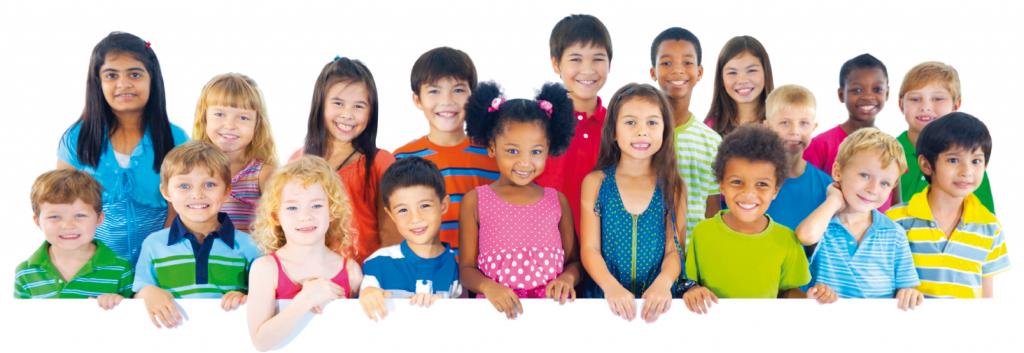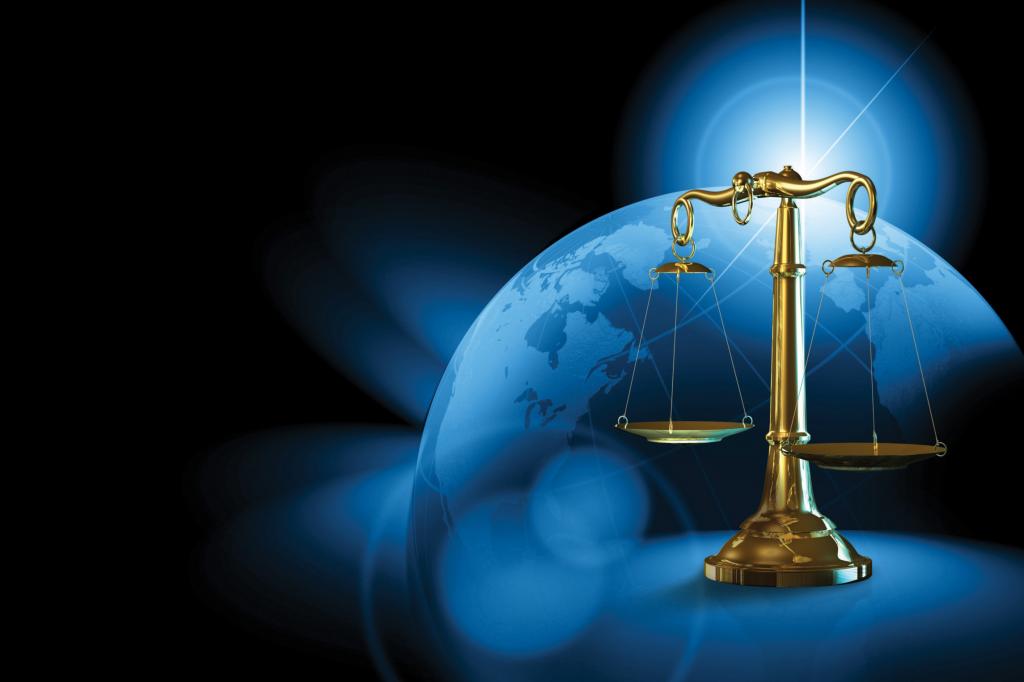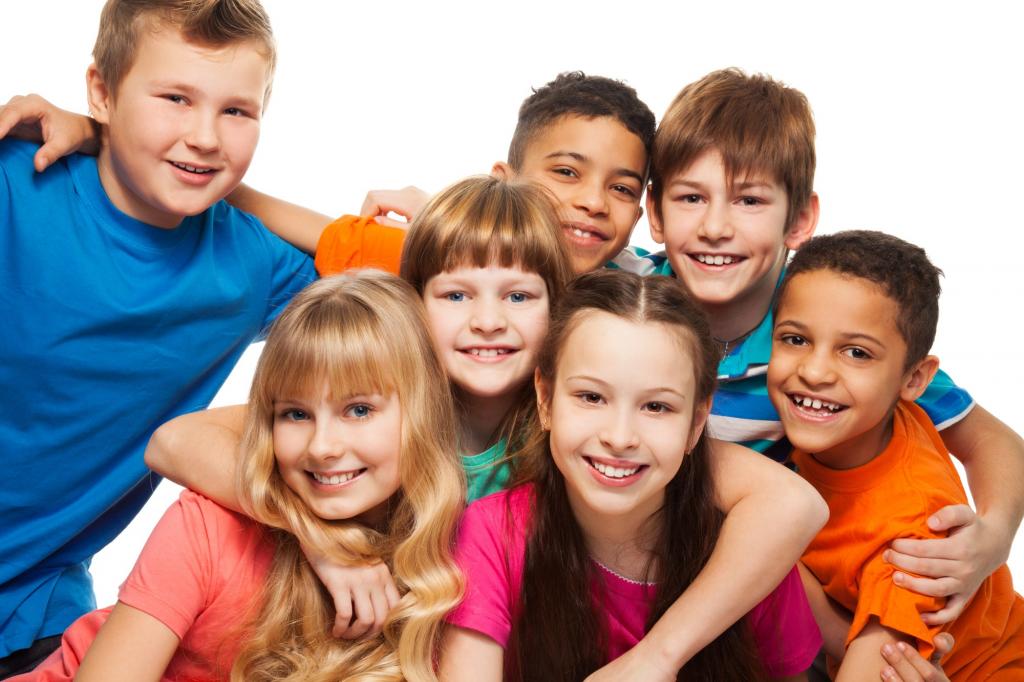To protect the rights of minor citizens, the state needs to regulate public relations in this area, as well as clearly state the rights and obligations of their participants. This is the purpose of the category that we will study in the article. Consider the concept, subject, method of juvenile law, as well as other aspects of the topic.
The concept

This term is used in four key aspects. So, juvenile law can be understood as the branch of the legislation of the Russian Federation, the legal branch, the discipline studied by students in higher educational institutions with a legal bias, as well as the branch of legal science. As an industry, this term should be defined primarily as a system of legal standards that govern juvenile relations. It is worth noting that the word "juvenile" comes from the Latin juvenalis (English junior), which means "young", "young" in translation.
Under the branch of legislation should be considered a system of regulations, where juvenile legal relations are regulated. The concept of juvenile law implies one of the branches of the legislation in force on the territory of the Russian Federation, which is presented as complex. In accordance with it, the legal material of a heterogeneous plan is combined according to target and subject characteristics. It is important to add that this data to one degree or another applies to the organization of work of state competent structures in the field of protection of legitimate interests, the rights of the child and to the establishment, further implementation of the legal status of a minor.
What does science study?

It is worth noting that the subject of juvenile law is the nature of social relations, which are regulated artificially. They arise, in some way change and stop when organizing the work of state competent structures in the field of protecting the legitimate interests and rights of the child, as well as defining guarantees for these rights. In the previous chapter, we talked about combining legal material. The target feature in this case is the need to ensure the legitimate interests and rights of the child, as well as create optimal conditions for their implementation in society and in the state.
Currently, the sources of juvenile law are the problems of the legal status of the minor, as well as issues of reforming the corresponding system. As a branch of scientific knowledge law can be useful not only in solving certain problems of the state that are of a state juvenile nature, but also contribute to all domestic legislation regarding the issues of ensuring the freedoms and rights of the child. It is advisable to note that scientific research in the field of SE. rights are multidisciplinary and comprehensive. Therefore, the analysis of the problems of juvenile law in Russian and the search for scientific solutions in one way or another should be directly implemented at the intersection of legal knowledge, at the border of psychology, political science, juvenology, medicine and so on.
Educational and scientific discipline
As an educational and scientific discipline under ju. law should understand the system of categories and knowledge that are subject to study, development and characterize the implementation and protection of the legal status of a minor. You need to know that the juvenile law system is designed to consolidate the structure of state.bodies involved in the implementation of the legal protection of the child, as well as to identify the legal status of officials in the field of protection of the rights of a minor on the basis of an authoritarian methodology, the essence of which is to strictly regulate the behavior of participants in legal relations, in an "unequal" position, as the initiator of the protection of the identity of the minor, his rights is a government agency.
Today, there are special regulations. the rights that are used to strengthen the legal status of the child in the family, to ensure the protection of children who are deprived of the opportunity to be brought up in a full-fledged family, as well as refugee and disabled children. Juvenile law in Russian also affects the branch of labor legislation in force on the territory of the Russian Federation. It is about ensuring the labor rights of the child. In addition, it is related to the field of legal support of health care and children's education. Such relationships and form the subject of juvenile law. Consider this aspect in more detail.
Subject of law

You need to know that in the subject of ju. rights include social relations that arise in the process of regulation, as a rule, of personal non-property and property relations, where one of the parties is a minor. It is worth adding that the most important principle of juvenile law is the presence of representatives in the child (as a rule, these are parents). In accordance with its content, these social relations are quite diverse. This factor is due to a wide range of participants, various aspects of the activities of the state and society in the regulation of relations that are associated with both social and family life. We are talking about labor, educational work and so on.
The concept of juvenile law of minors, as well as the definition of the subject, may apply not only to family, civil, labor, criminal, administrative, housing or inheritance relations. In this case, there are also relations arising due to the need for social security. So, we can conclude that ju. relations are determined by a complex legal nature. The juvenile relations that exist today are united in one group by the fact that they are related to the regulation of legal duties and subjective rights of the child, as well as other legal entities in different areas of law.
Juvenile method
It is important to know that the methodology of legal regulation of legal relations of a juvenile nature currently serves as a set of legal techniques, tools and rules through which ju. the right affects the behavior of the subjects of the relevant legal relations. Imperative and dispositive methods are used to fully regulate juvenile relations. The latter is characterized by autonomy of the willful side of the participants, legal equality, property independence, non-jurisdictional and jurisdictional orders, according to which the protection of violated rights is carried out. In turn, imperativeness arises in relations of submission, as well as in those that are imperious.
Classification

In legal relations, which serve as the subject of juvenile law, it is advisable to distinguish the following groups in accordance with the subjective composition:
- Between a child and parents, persons who replace them in accordance with the law. Legal relations arise on the basis of the obligation of the latter to maintain, educate and protect the interests and rights of children.
- Between a child and an educational institution represented by educators, educators, certain officials, and so on. Legal relations arise due to the realization of children's rights in the field of upbringing and education.
- Between the child and the health care institution in connection with ensuring the rights of the minor to recovery, health protection and rest.
- Between public organizations (associations) and other structures of a non-commercial type, on the one hand, and a child, on the other. It is about preparing a minor to exercise his own rights and fulfill his duties.
- Between the child and the structures of social services, family protection due to the implementation of a certain amount of social services in accordance with state minimum standards.
- Between a minor and a tenant in connection with the exercise of labor law.
- Between a child and structures of state funds of a municipal nature and other housing funds due to the exercise of a minor’s right to housing.
- Between a child and law enforcement agencies in connection with the protection of the rights of a minor.
- Between the child and the federal structures of legislative, executive and judicial power, as well as the authorities of the constituent entities of the Russian Federation, which implement state policy in the interests of children.
- Between a child in terms of the realization of his personal non-property and property legal interests, rights and other legal entities and individuals in a circulation of civilian significance.
Comments

It is worth noting that the separation of relations in the law of juvenile justice and their subsequent analysis confirm that they are determined by the general content, despite the sufficient variety. It is a focus on regulating the key rights of a minor and on ensuring the implementation of basic guarantees of the legitimate interests and rights of the child on the part of obligated and authorized persons. It is obvious that the relations presented appear with the direct influence of the state through local authorities and strictly within the framework of the current legislation. It is important to add that with such an impact, one way or another, the key legitimate interests and rights of the minor must be ensured. The state is obliged to organize the activities of all its structures in such a way that all the requirements and rules of legal standards related to the preparation of children for adulthood, their perception in the spirit of citizenship and patriotism are observed.
Directions of law

It is advisable to indicate that the still emerging southeast. Russian law reflects the new social, economic, political conditions of the country, so the following areas should be highlighted in its development:
- The creation of juvenile legal standards is due to the recognition of childhood as the most important period of life by the state. One way or another, this implies the presence of the principle of priority preparation of a minor for public life in conditions of complex market relations.
- Strengthening administrative, civil and criminal liability for violations in the field of protection of the rights of the child. That is why today the relevant branches of law are distinguished, for example, criminal juvenile law. It is important to add that we are also talking about the responsibility of the child himself, who implements activities in various areas of legislation.
- Increasing the influence of the constituent entities of the Russian Federation in the field of legal regulation related to the protection of children's rights.
Direction analysis
The indicated directions in the formation and subsequent development of juvenile justice of the country and juvenile law represent the planned trends that require a deeper approach in terms of studying and establishing the legal status of a minor. Therefore, it is very important that the development of the considered branch of law be carried out in close interconnection with the norms of international law.The affirmation of the freedoms and rights of the child along with the rights of an adult in one way or another should become the highest state and public value, because the main unit in the Russian state is the family.
It is thanks to the family that children develop life experience and consciousness, as well as exercise their freedoms and rights dictated by legislation in force in the country. From the parents or guardians of the child depends on the formation of his personality and well-being in general. So, due to the expansion of the legal status of a minor in the family, it is possible to limit the legal aspects in which the child takes part, and beyond the boundaries of family relations (for example, in civil, administrative or entrepreneurial relations).
Conclusion

So, we fully examined the category of juvenile law, which is a set of legal standards that combines the norms of international treaties and domestic law. Through this system, personal non-property and property relations are regulated on the basis of the principle of dispositiveness (equality of participants, one of which is necessarily a child, taking a passive or active position), as well as standards that protect and protect the identity of the minor, his rights and legal interests, usually through an imperative-dispositive technique.
It is worth adding that the key areas of impact sout. rights to relationships in which the child takes part are the respective functions, referred to as regulatory and executive. The latter involves the consolidation of the obligations and rights of the parties in regulatory enactments, the establishment of a legal mechanism in order to fully ensure the effective implementation of legal requirements in the field of protection of the rights of minors. The protective function, in turn, is manifested in the creation of prohibitions on the implementation of acts dangerous to society, as well as in the use of legal sanctions against perpetrators of offenses involving children.
